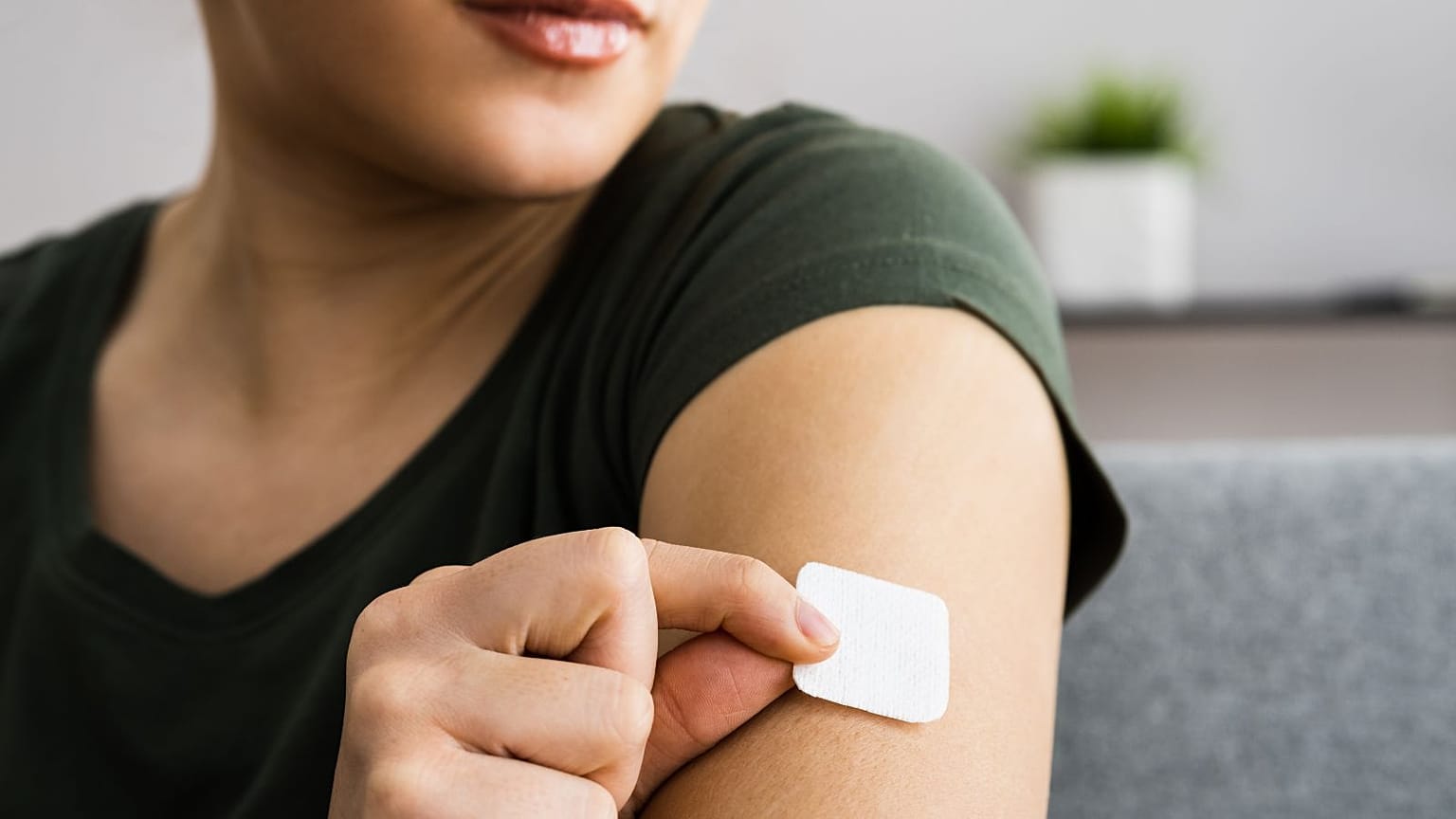The UK start-up developing the testosterone patch says it could have a ‘huge’ impact on the libido and lives of menopausal women.
UK scientists are developing a testosterone patch for women with menopausal symptoms they say could boost their sex drive and dramatically improve their well-being.
Medherant, a spin-out company of the University of Warwick, aims to start clinical trials by the end of this year. It announced this week it had raised almost £3 million (€3.4 million) to do so.
If the studies go well and the patch gets approved by health regulators, it would be the only testosterone replacement patch available for women worldwide.
A previous testosterone patch made by Procter & Gamble, called Intrinsa, was approved by the European Medicines Agency in 2006 but it was rejected by US regulators on safety grounds and the EU marketing authorisation was later withdrawn at the drugmaker’s request.
'Needless misery'
Testosterone is the primary hormone in men but it’s an essential one for women too, and its production drops sharply after menopause, which can depress libido (sexual desire).
Women with menopausal symptoms can currently seek hormone replacement therapy (HRT) with oestrogen and progesterone hormone patches, but there is no testosterone version of these.
As a result, experts say some women end up applying gels that have only been approved for use on men - and it’s up to them to figure out the correct fraction of the male dose they need.
The patch developed by Medherant, by contrast, would stick to the skin to deliver women the right dose of testosterone, and it would only need changing twice a week.
"With the technology already proven to work we can use our new patch to remove needless misery from women’s daily lives," said David Haddleton, Professor of Chemistry at the University of Warwick and Medherant’s founder.
Since 2015, Menopause Guidelines issued by National Institute for Health and Care Excellence (NICE) recommend that testosterone supplementation be considered for menopausal people with low sexual desire if hormone replacement therapy alone is not effective.
Haddleton said the testosterone patch was "much-needed" but "just not available".


















